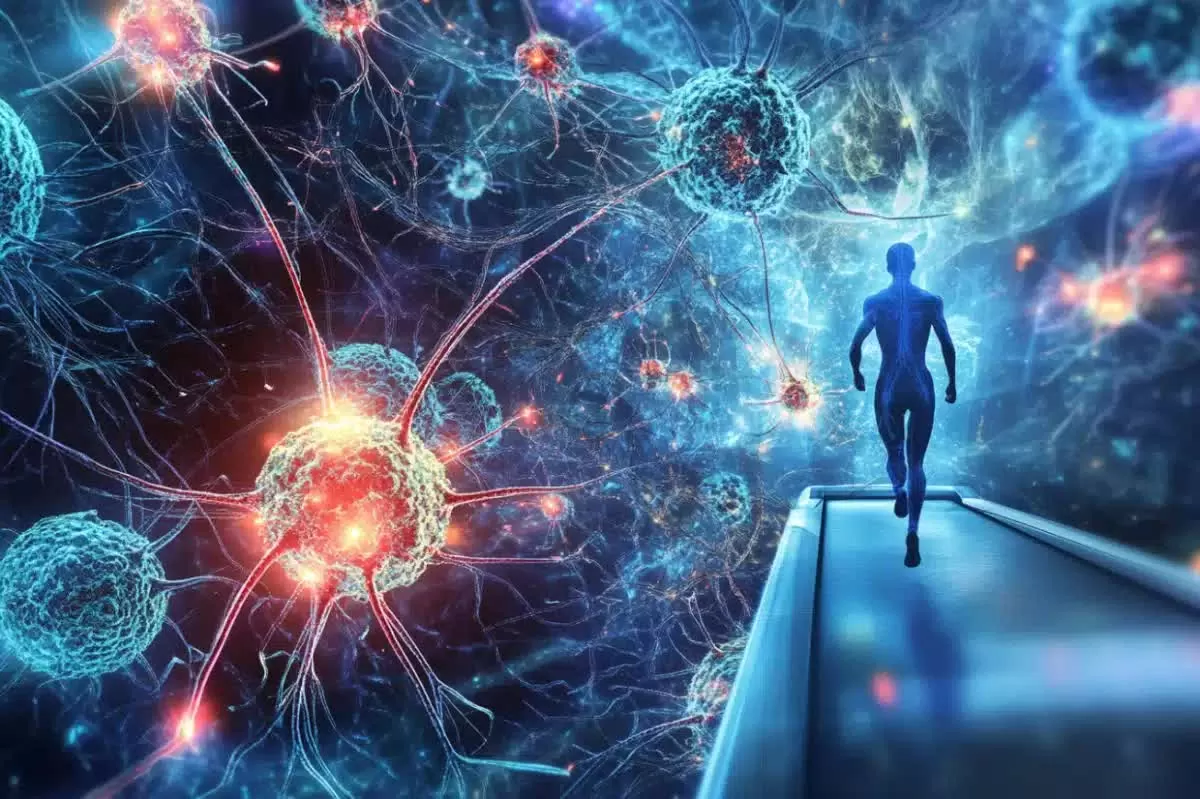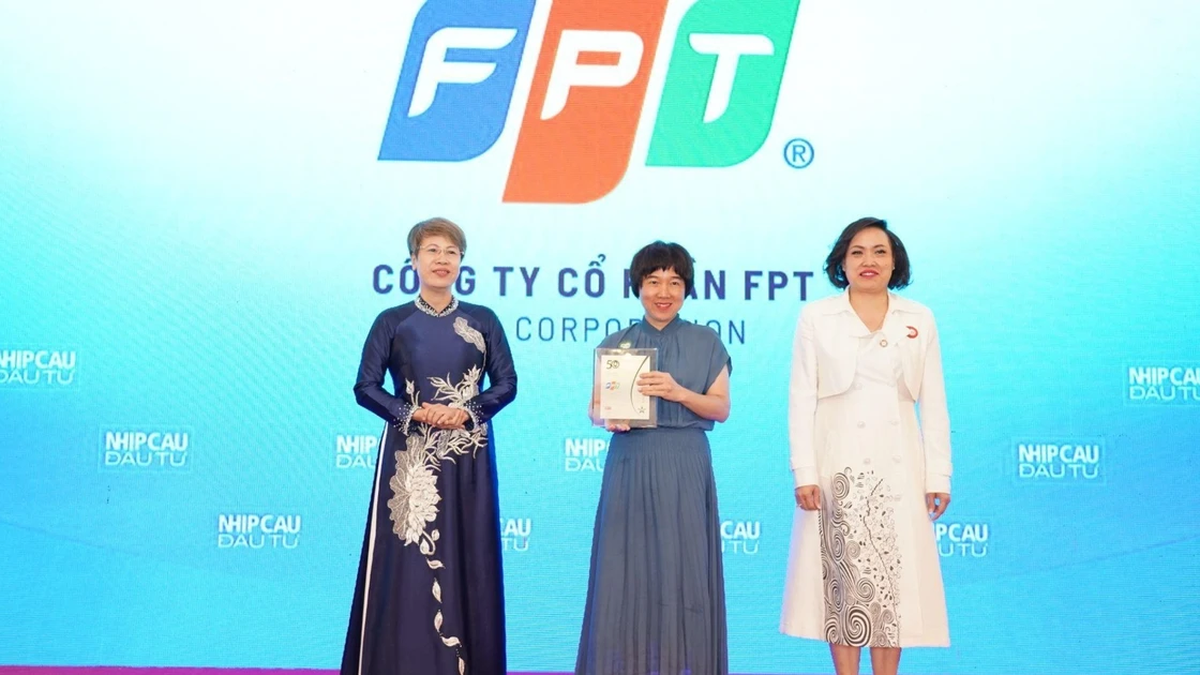 |
| Jogging helps activate genes that can fight Alzheimer's. (Source: Neuroscience News) |
Using advanced single-cell RNA sequencing technology and a mouse model of Alzheimer's, the team identified the types of neurons that responded most strongly to exercise, according to the study, published in the journal Nature Neuroscience .
The results showed that jogging not only improved memory but also activated protective genes involved in the formation of new neurons and regulation of immune function in the brain.
The study focused on the hippocampus - the brain's memory center - which is damaged earliest in Alzheimer's patients.
After allowing the mice to run in a wheel, the team noted significant changes in the activity of two important cell types: microglia, which are involved in disease responses, and a new type of astrocytes, which are associated with blood vessels in the brain, that the team had just identified.
In particular, the team identified the Atpif1 gene as playing an important role in the creation of new neurons - a key mechanism for protecting memory. When this gene is affected, new cells in the brain are more strongly activated, promising to open up the direction of drug development to mimic the benefits of physical exercise.
To validate their applicability in humans, the findings were compared with brain tissue data from Alzheimer's patients and showed significant overlap in gene expression levels and cellular responses.
“For the first time, we have a detailed map showing how individual cell types in the brain respond to physical activity in the setting of Alzheimer’s disease,” said study leader Dr. Christiane Wrann, a neurologist at Massachusetts General Hospital and the Mass General Brigham and Women’s Heart Institute.
Co-author Nathan Tucker, a statistician at SUNY Upstate Medical University, said the study not only sheds light on the benefits of exercise, but also opens up the potential for developing "targeted" therapies for specific cell types.
Source: https://baoquocte.vn/chay-bo-giup-kich-hoat-gene-chong-alzheimer-317710.html



































































































Comment (0)